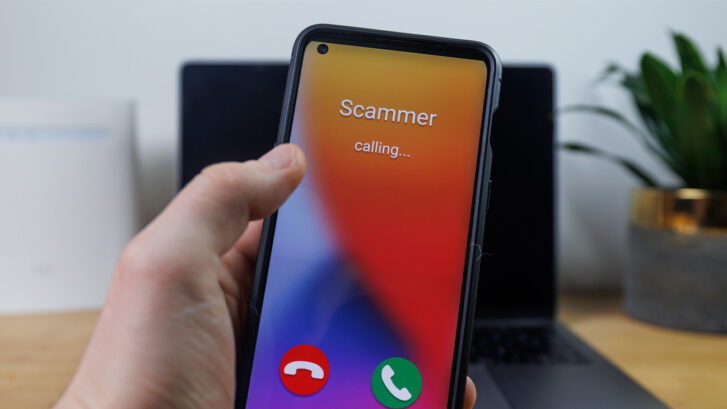Navigating the Rising Tide of Scam Calls in the United States
Cell phone users in the United States are witnessing an unprecedented surge in scam calls, posing significant threats to the security and privacy of its citizens. These nefarious communications range from innocuous sales pitches to dangerous fraud attempts, aiming to deceive individuals out of their hard-earned money or personal information. In this article we will tackle the mechanics of scam calls, recognizing their various forms, and ways to effectively safeguard yourself against these pervasive threats.
Understanding the Mechanism Behind Scam Calls
Scam calls are unsolicited calls made with the intent to defraud or mislead the recipient. They utilize advanced technologies and psychological tactics to create a veneer of legitimacy, often impersonating reputable organizations, government agencies, or known contacts to gain the trust of their victims. Caller ID spoofing, voice modification software, and robocalling are among the techniques employed to increase their reach and effectiveness.
Identifying Common Types of Scam Calls
To protect yourself, it’s crucial to recognize the common types of scam calls prevalent in the United States:
- IRS Impersonation Calls: Callers claim to be IRS officials and demand immediate payment of supposed taxes owed, threatening legal action or arrest.
- Tech Support Scams: Fraudsters pose as tech support from well-known companies, alleging that your computer is infected with a virus and offering to fix it for a fee.
- Lottery or Prize Scams: Callers inform you that you’ve won a large sum of money or a luxury prize but need to pay a fee or provide personal information to claim it.
- Charity Scams: Scammers appeal to your sense of generosity by requesting donations for fake charities, especially after natural disasters or during holiday seasons.
Effective Strategies to Combat Scam Calls
Adopting proactive measures is key to defending against the onslaught of scam calls:
- Do Not Engage: If you receive a call from an unknown number or suspect it to be a scam, the safest action is to not answer. If you do answer and recognize it as a scam, hang up immediately without providing any information.
- Use Caller ID and Call Blocking Apps: Utilize your phone’s built-in caller ID feature and install reputable call blocking apps to screen and block potential scam calls.
- Register with the National Do Not Call Registry: This prevents legitimate telemarketers from contacting you, thereby reducing the volume of unsolicited calls, though it may not stop scam calls entirely.
- Verify the Caller: If a caller claims to represent a company or government agency, hang up and call the official phone number found on their website to verify the authenticity of the call.
- Guard Your Personal Information: Never divulge personal or financial information over the phone unless you initiated the call to a trusted entity.
Find out who is calling you
The Role of Technology in Protecting Against Scam Calls
Advancements in technology play a pivotal role in combating scam calls. Telecommunication companies are continuously developing new algorithms and authentication methods to identify and block these calls before they reach consumers. Additionally, third-party security firms offer services that analyze call patterns and blacklists to filter out known scam numbers.
YouMail: A Reliable Ally in the Fight Against Scam Calls
In the battle against scam calls, YouMail stands out as a formidable ally. Offering an intelligent call management service, YouMail protects its users by automatically blocking scam calls and providing visual voicemail services. Its robust database of known scam numbers is constantly updated, ensuring that users are safeguarded against the latest threats. By analyzing call patterns and utilizing user reports, YouMail provides a proactive defense mechanism against the ever-evolving landscape of scam calls.
Conclusion: Staying One Step Ahead of Scam Calls
The threat posed by scam calls in the United States requires vigilance and proactive measures from every individual. By understanding the nature of these calls, recognizing their common types, and employing effective strategies to combat them, you can significantly reduce your risk of falling victim to these schemes. Technology, along with services like YouMail, offers a strong line of defense, enabling us to navigate the dangerous waters of scam calls with greater security and peace of mind.





